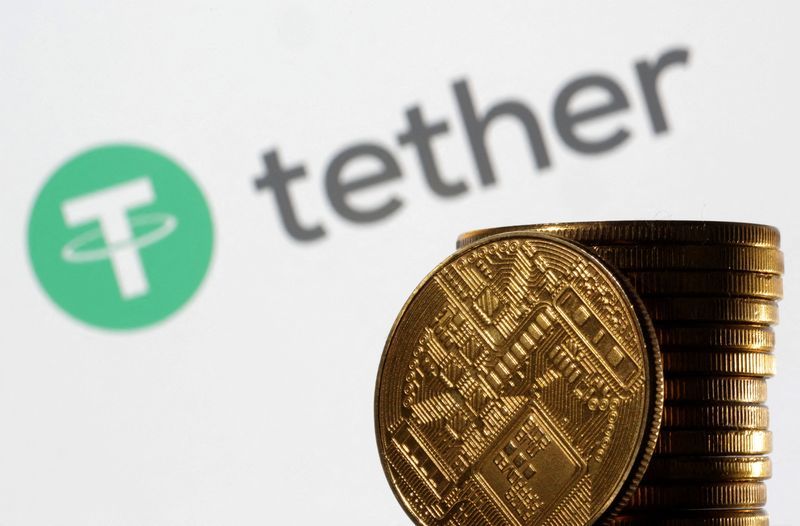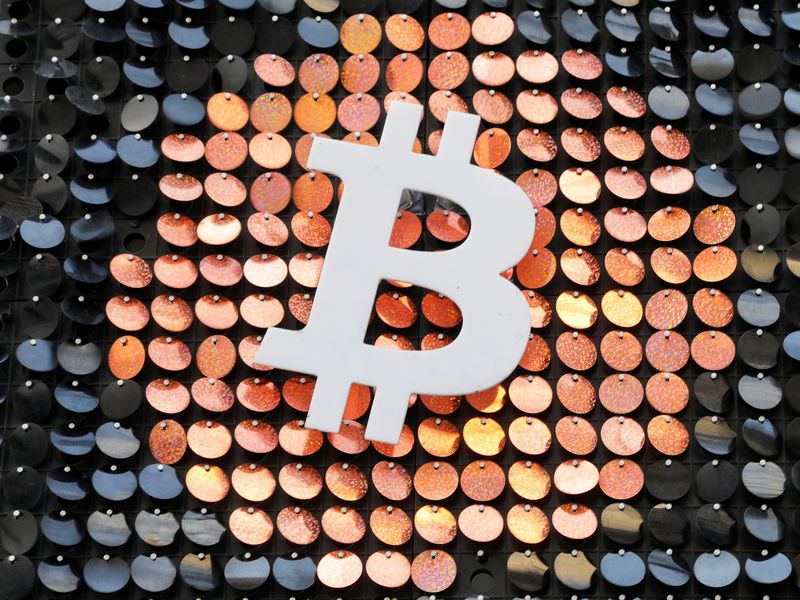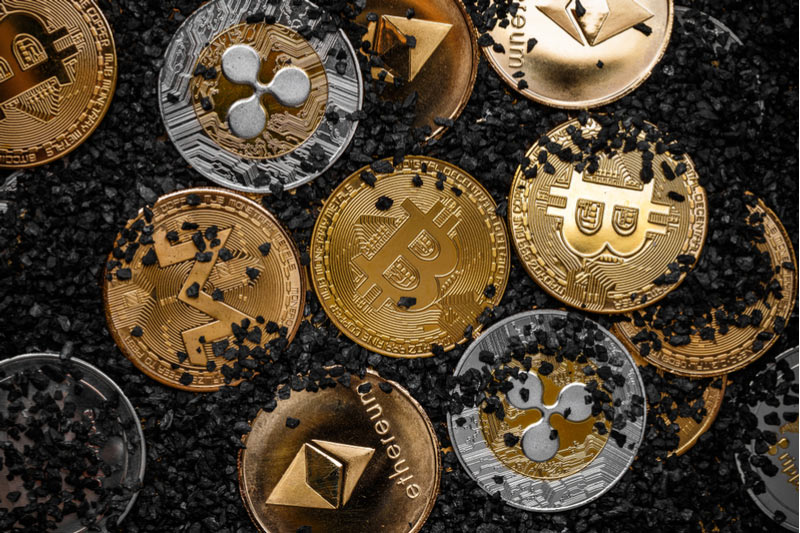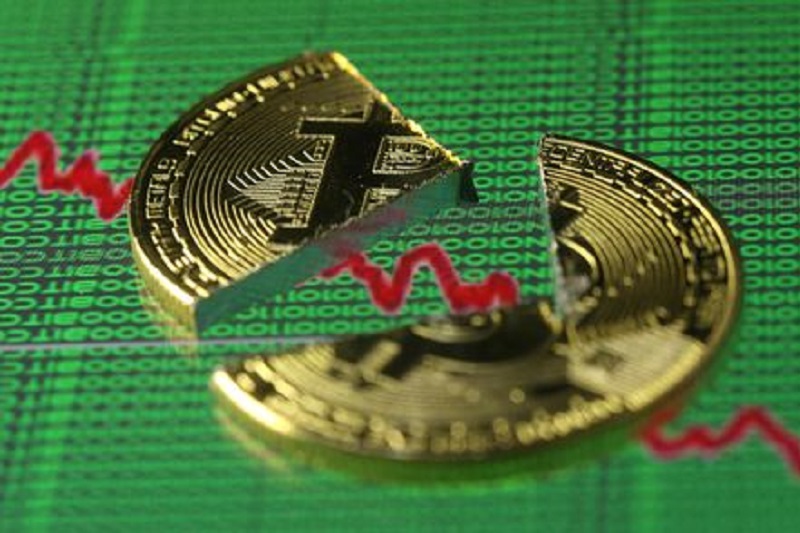The company behind the $114 billion USDT token is planning to launch a new stablecoin pegged to the United Arab Emirates (UAE).
The stablecoin, which is still unnamed, will be launched in collaboration with United Arab Emirates-based tech giants Phoenix Group PLC and Green Acorn Investments Ltd. While the companies did not provide a specific launch date, Tether CEO Paolo Ardoino said obtaining a license from the UAE Central Bank will be the next step and could take a few months.
The dirham-pegged stablecoin will be fully backed by liquid reserves based in the United Arab Emirates, following Tether's reserve standards to “ensure stability and confidence in its value,” Ardoino said in a press release.
The new token is expected to streamline international trade and remittances, reduce transaction fees and provide a hedge against currency fluctuations.
The UAE central bank has already paved the way for regulating cryptocurrencies tied to real assets. In June, it approved a plan to oversee and license stablecoins, particularly those backed by the UAE dirham.
While details are still being finalized, the move is part of the UAE’s effort to become a leader in the crypto space under its Financial Infrastructure Transformation Program.
Currently, stablecoins that are not backed by the dirham are regulated by Dubai’s Virtual Asset Regulatory Authority (VARA). While there are still some questions about how existing payment service providers will be affected, the proposed framework creates a clear path for regulated stablecoins in the UAE.
Tether’s expansion into the UAE market comes as the issuer continues to expand its services beyond its flagship USDT, which is the largest stablecoin by market value and a key component of the digital asset ecosystem.
The company recently launched USDT on the Aptos blockchain to reduce gas fees to “just a fraction of a cent,” it said in a statement earlier this week.
Tether’s USDT is available on multiple blockchains, with Tron leading with $60.73 billion in net circulation, followed by $52.59 billion.








